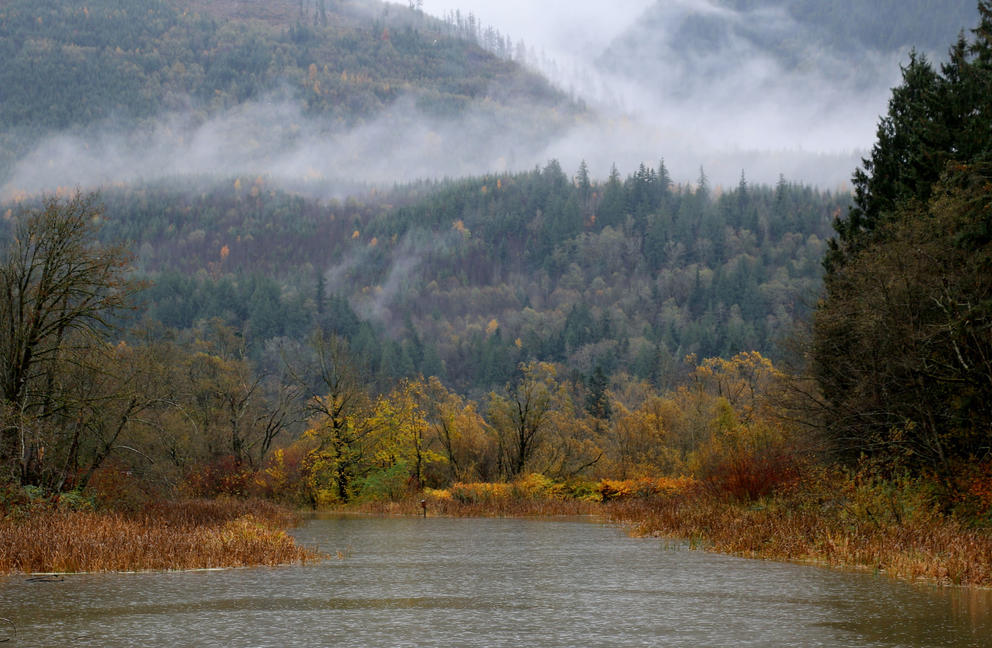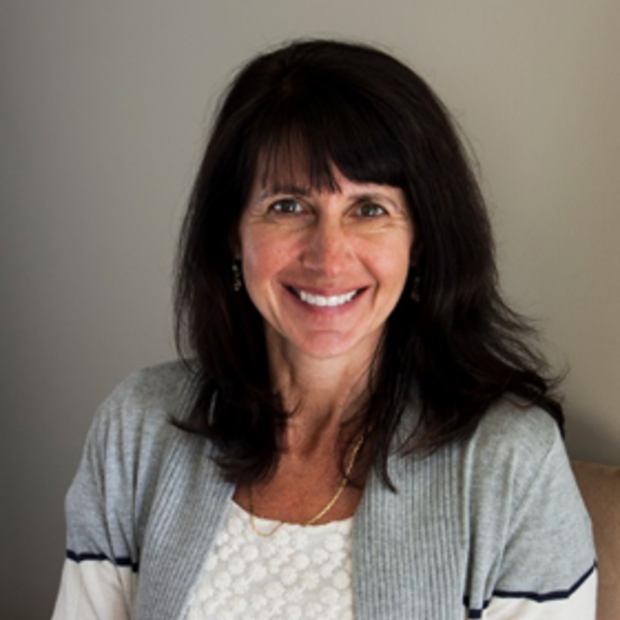There isn’t really a way around it — the 2016 national election was a big change for our country’s political calculus. President-Elect Donald Trump has nominated the most anti-environmental cabinet in the past century.
But here at home, the changes we saw were mostly positive. Washingtonians once again voted with their core values, and in our state’s highest offices we have environmental champions ready to stand up to big polluters and continue to help build the clean energy economy. But that doesn’t mean our work is done. We still have some in our Legislature who oppose this positive vision for Washington.
The good news is people across our state have a chance to take environmental action right here at home. We know there are common values we can all rally around — the right to clean air and clean water, the opportunity to earn a living wage in a healthy community and the ability to enjoy our state’s natural beauty. Most Washingtonians believe these values come before polluters’ profits.
Now more than ever, Washington, along with states like Oregon and California, has the opportunity — and responsibility — to lead the country on environmental protection, green job creation and climate action.
As a member of the Environmental Priorities Coalition, Washington Environmental Council and Washington Conservation Voters have put together three achievable legislative priorities for this upcoming legislative session.
- Reducing toxic pollution in all communities. Toxic pollution — including toxic waste sites, harmful chemicals, and stormwater runoff — threatens communities around Washington, and the state does not have the funding needed to address this significant problem. There are solutions ready to stabilize the revenue and ensure funds are adequate for cleaning up dangerous pollution that impacts our health and environment.
- Oil transportation safety. Washington continues to face significant risks from potential oil spills and disasters in every corner of the state. The massive Tesoro Savage proposal in Vancouver reminds us that the oil industry has its eyes on Washington. And the Kinder Morgan Trans Mountain pipeline expansion in British Columbia adds new urgency to protecting Puget Sound from a catastrophic accident. The risks to our environment and our economy are too great not to act.
- Water for people, farms and fish. Recently, the state Supreme Court issued a decision that underscored the need to tie sustainable water management to land use planning. The decision will help ensure that hard-working people who buy property and buy homes will have enough water for basic needs. Rather than allow anyone to take more than their fair share, this balanced approach provides needed solutions that protect a reliable supply of clean water for rural farmers, local fishing communities, homebuyers and fish. Legislators can help by passing a law that requires planning for future growth that protects in-stream flows and provides for clean, safe water to our homes and farms.
- Most importantly, Washington can lead the nation on the right path to building a 21st century clean economy and take significant steps to address carbon pollution. This is especially urgent, as the Trump administration looks to undermine the progress we have gained nationally with the Clean Power Plan and International Paris Agreement. Thankfully, we have leaders here at home, like Gov. Jay Inslee, who continue to put forth solutions.
Working to finally fully address pollution in our state is a coalition of communities of color, labor organizations, faith leaders, businesses and environmental advocates who are pushing for action this year. The Alliance for Jobs and Clean Energy will work with legislators to advance a concrete proposal to cut carbon pollution and reinvest in clean energy solutions like wind and solar. This includes supporting the communities and workers hardest hit by pollution and the transition off dirty energy. Together we can require polluters to pay for what they emit and invest the revenue in the clean energy solutions we know we need, address the concerns of communities and help transition workers to a cleaner economy.
Washington has a long-held reputation for environmental action, one that’s used as both praise and a sneered cliché. But that “evergreen” reputation isn’t a convenient accident of geography — it took years of dedicated, bipartisan action to build the environmental protections we now take for granted. As long as I’ve lived in this state, I’ve never known Washington to shrink from a fight. This is the chance for a new generation of lawmakers and activists to build on the past and to define what our values truly mean.
Are they convenient slogans and catch phrases, or are we prepared to take real action to build a better future?


